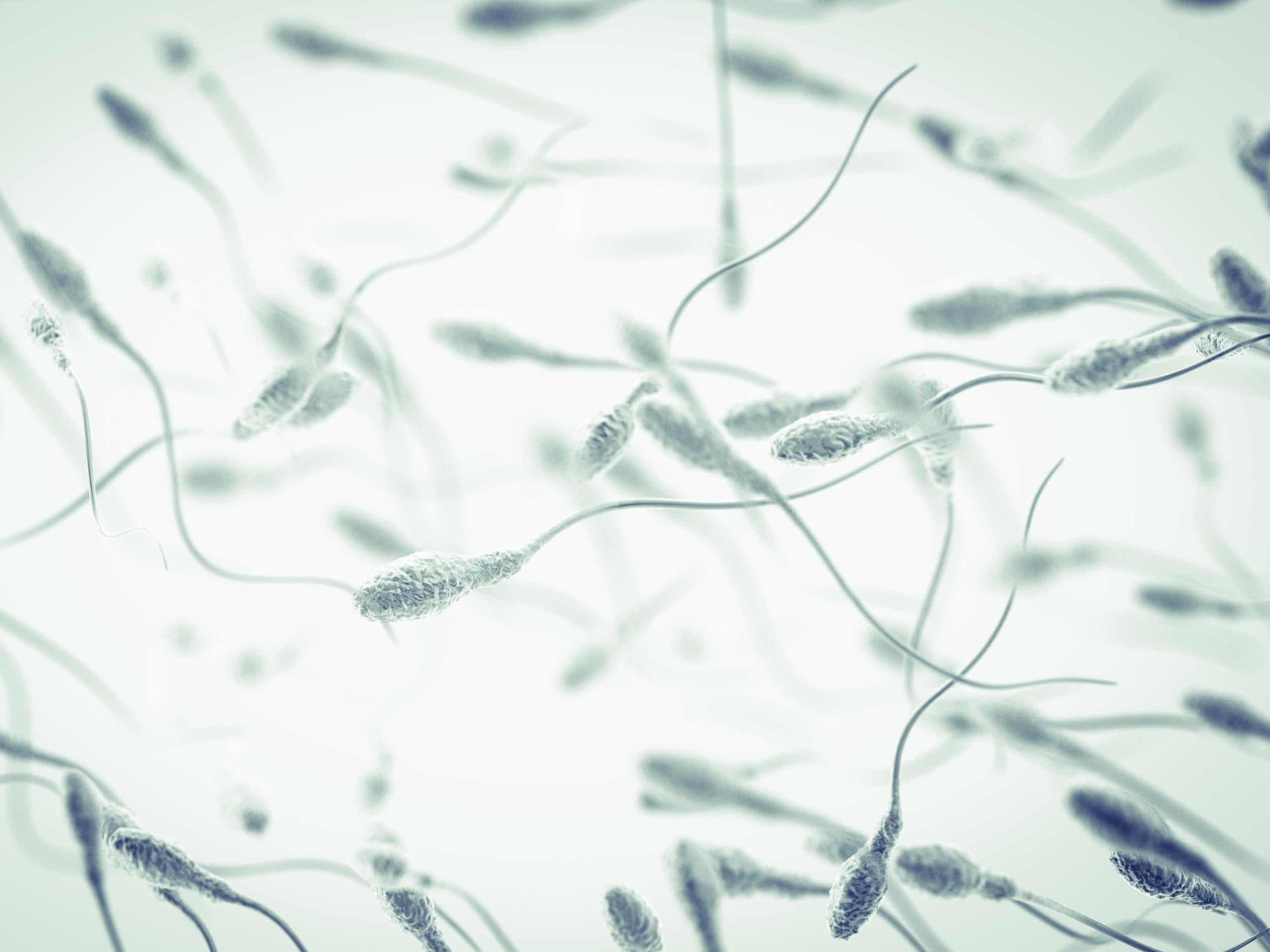Air pollution is associated with poorer quality sperm, finds study
Fine particulate matter in the air could impact fertility for a ‘significant number of couples’

Your support helps us to tell the story
From reproductive rights to climate change to Big Tech, The Independent is on the ground when the story is developing. Whether it's investigating the financials of Elon Musk's pro-Trump PAC or producing our latest documentary, 'The A Word', which shines a light on the American women fighting for reproductive rights, we know how important it is to parse out the facts from the messaging.
At such a critical moment in US history, we need reporters on the ground. Your donation allows us to keep sending journalists to speak to both sides of the story.
The Independent is trusted by Americans across the entire political spectrum. And unlike many other quality news outlets, we choose not to lock Americans out of our reporting and analysis with paywalls. We believe quality journalism should be available to everyone, paid for by those who can afford it.
Your support makes all the difference.A possible link has been found between air pollution and a drop in sperm quality.
Air pollution causes millions of premature deaths every year, and there is growing evidence that it also has negative effects on male fertility.
Earlier this year, a major review suggested that “modern life” was to blame for a 60 per cent drop in sperm counts in Western countries in just 40 years.
This new study is the largest yet to investigate the health effects of fine particulate pollution on semen quality. The results of the study suggest that a “significant number of couples” could suffer from infertility resulting from air pollution, according to the research team.
“Air pollution is the world’s largest single environmental health risk,” said Dr Lao Xiang Qian, the study’s lead author and a researcher at the Chinese University of Hong Kong.
When we breathe in an area with high levels of air pollution, fine particulates containing toxic chemicals such as heavy metals pass into our lungs, allowing them to enter the bloodstream.
From there, they can cause damage to semen, something that has been demonstrated in laboratory studies.
However, the jury is still out on whether air pollution directly impacts sperm in humans.
To investigate this possibility, Dr Lao and his team took the sperm quality data from 6,500 15- to 49-year old men in Taiwan, and matched it against the fine particulate levels at their home addresses.
They found a strong association between high air-pollution levels and abnormal sperm shape.
The effects were relatively small, but given the prevalence of air pollution the researchers note that even small changes resulting from it could present a major public health challenge.
However, scientists are not convinced that this is the final word on air pollution and male fertility.
“This is an interesting study, but it’s important to be aware of its limitations,” said Professor Kevin McConway, a biological statistician at the Open University.
“If I were young enough to worry about my fertility, I wouldn’t put moving to an area with cleaner air at the top of my list of actions,” he said.
Professor McConway noted that this is an observational study, meaning it is impossible to establish cause and effect.
While Dr Lao acknowledged this limitation, he noted that the scale of the study and the novel technology his team used make their findings robust.
Professor Allan Pacey, an andrologist at the University of Sheffield also added that though this is a “well-conducted study”, there should not be too much emphasis put on abnormally shaped sperm when assessing fertility.
“However, from this and other studies, I remain of the opinion that air pollution probably does have the potential to negatively influence male reproductive health,” said Professor Pacey.
Join our commenting forum
Join thought-provoking conversations, follow other Independent readers and see their replies
Comments